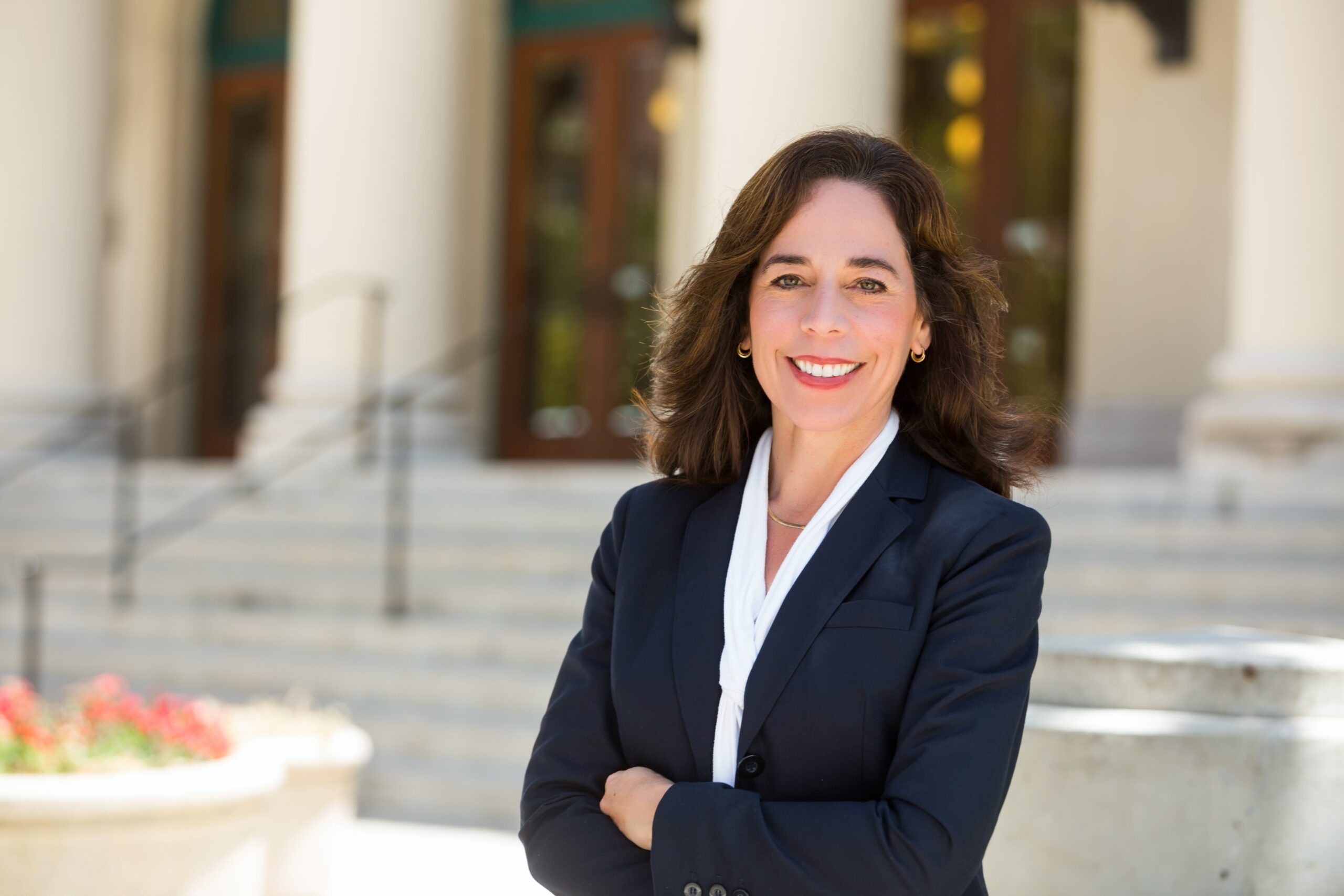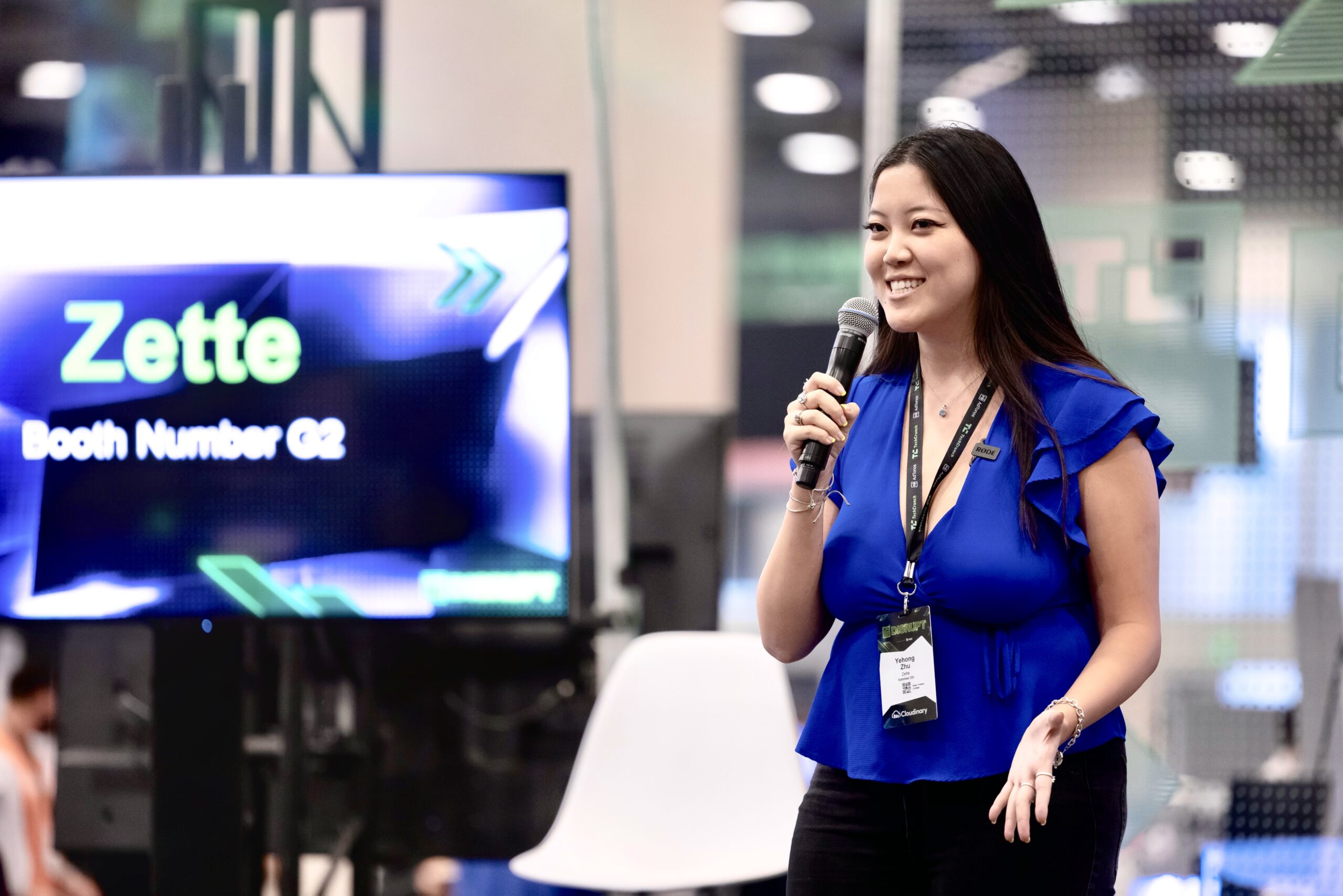
By Annamarie Houlis for Fairygodboss
Nearly 60 percent of voting-eligible Americans did not vote in past elections, 35 percent of whom said that scheduling conflicts with work or school kept them from getting to the polls. In response, nonpartisan nonprofit Vote.org officially launched ElectionDay.org, an initiative that’s encouraging small to large companies to give Election Day as a holiday (or at least three hours fully paid) for democracy-increasing voter turnout.
The ElectionDay.org initiative was created to get more voters to the polls this coming mid-term election in November 2018 and future elections moving forward. The ultimate mission is to increase voter turnout so that the electorate matches the population at large, which the team behind ElectionDay.org believes will lead to a more representational democracy — because, as of now, it skews older and whiter than the population at large.
Vote.org uses technology to simplify political engagement, increase voter turnout, and strengthen American democracy. The site divides into two major initiatives. First there’s everything visitors see on the website — all the comprehensive information and toolset including everything from a voter registration tool and an absentee ballot tool, to a tool that helps people check their status and a standalone election finder tool).
“They help demystify an unnecessarily complicated process — all 50 states have their own process to register to vote, to get an absentee ballot, to check to see if you’re registered,” says CEO of Vote.org, Debra Cleaver. “So we built a one-stop shop.”
But a lot of people who find that information on Vote.org do so because they’re actively looking for it. So the site’s second initiative is, therefore, outreach to low-propensity voters who tend to be young people and people of color.

“We recognized pretty quickly in 2016 that if we just relied on people finding us, we wouldn’t be contributing to our mission of getting the electorate to match the population, so we proactively reached out to low-propensity voters,” Cleaver explains. “In 2016, we primarily used one-to-one texts to low-propensity voters. And that was really successful with a significant increase in turnout. In 2017, we took it a lot further in Virginia and Alabama… and fully saturated all media channels. We bought a 150 billboards in Alabama, we bought Pandora and Spotify ads so the commercials ran hundreds of times, we sent direct mail to registered voters, and we also hired humans to text them to provide their polling places.”
But Vote.org’s impressive efforts alone aren’t enough.
“Only 35 percent of the population is considered high-propensity voters in 2018, which means they’re likely to vote; the overwhelming majority of people in the other 65 percent are young or people of color, so the average person to vote in 2018 is a white person over 50 unless we all do something about this,” Cleave says.
“A narrative that’s told is that people don’t vote because they don’t want to vote or they’re apathetic, but there’s no objective indication that Americans don’t want to vote or that Americans are apathetic. There is ample evidence that voting in the U.S. is more complicated than it is in any other developed nation… It is the least convenient voting process in the developed world.”
So Vote.org launched Election.org, originally, asking that companies make Election Day a holiday by switching it with Columbus Day. This way, less people would have scheduling conflicts.
“The reason that we vote on Tuesdays is because, in 1845, Congress decided to standardize when elections happen, and they chose Tuesdays because it was the day that farmers came to market, and the day that other people went to market — so it was the single-most convenient day for the majority of Americans to vote,” Cleaver explains.

“But 173 years later, Tuesday is absolutely not a convenient day for the majority of Americans to vote… It would be far more convenient to vote on Saturday or Sunday. But that is not going to happen; Congress is not going to change election day. And even if Congress did make it a federal holiday, that would only affect federal employees… So at the end of the day, it’s up to your boss.”
Many companies, however, are already not celebrating Columbus Day for a myriad of reasons. So Cleaver suggests that they switch out President’s Day with Election Day. We live in a democracy where there’s no reason to celebrate an individual president, and the president would want us to celebrate a democracy by voting, she adds.
But, of course, some companies don’t celebrate either one of those days and can’t afford to create a new holiday. However, they still wanted to get involved.
“They get that no one should have to choose between their income and their ability to cast a ballot, so the question became, what is the minimum that we can do to still partake in Election Day as a holiday?, and it’s actually three hours paid time off to vote,” Cleaver says.
So ElectionDay.org is asking companies to consider making Election Day either a holiday or, at the very least, give three hours of PTO for employees to vote. And, since launching the initiative, Vote.org has had 150 companies already sign on; the team is hoping to grow that number to about 500 by the midterm elections. Pinterest was admirably the first company to give it a go, without even asking questions, and others quickly followed suit.
“Voting is essential to a healthy democracy, and we have always encouraged our employees to take the time they need to vote,” says Change.org founder and CEO Ben Rattray. “This year, we’re taking a step further by joining ElectionDay.org and making Election Day an official company holiday at Change.org — and we hope to be joined by the many other companies we know believe in the importance of civic participation.”

Indeed, Pinterest and Change.org have been joined by many other companies, from Lyft to Asana, Dropbox, GoFundMe, Powered by Giphy, Homebrew, Kumi and Kiva.
“Representation matters, and nowhere more so than in government,” says Justin Rosenstein, founder of Asana. “Ensuring that every voice is heard is a fundamental part of a legitimate democratic process — without which a democracy is not truly a democracy. As employers, we can help tackle the number one reason people self-report not voting: that it ‘conflicts with work or school.'”
That said, giving three hours off to a shift worker at a retail company, for example, isn’t an easy feat. But the team behind ElectionDay.org hopes that some companies will start to take a stand, encourage their employees to take the time to vote and set a trend so that more will adopt similar policies.
If a company likes Starbucks takes a stand, for example, that’d give thousands of retail employees guaranteed paid time off to vote for the first time ever. And Starbucks is already closing all of its more than 8,000 stores for racial bias training in May after two black men were wrongly arrested in a Philadelphia location.
“We’ve seen a lot of interest from companies that you would traditionally think of as conservative, too, because there’s nothing progressive about voting,” Cleaver adds. “This isn’t a conservative or progressive issue. This is an American issue.”
Would you be more inclined to vote if you had the day off?

AnnaMarie Houlis is a multimedia journalist and an adventure aficionado with a keen cultural curiosity and an affinity for solo travel. She’s an editor by day and a travel blogger at HerReport.org by night.
A version of this post previously appeared on Fairygodboss, a leading career community that helps women get the inside scoop on pay, corporate culture, benefits, and work flexibility. Founded in 2015, Fairygodboss offers company ratings, job listings, discussion boards, and career advice.
















